Blog
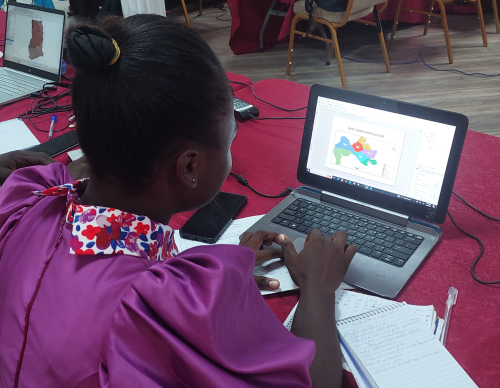
Improving health equity in Ghana with geo-enabled digital microplanning tools
Learn how moving from paper to digital maps is strengthening the Ghana Heath Service's microplanning process to increase equitable access to quality health services. Read more ›
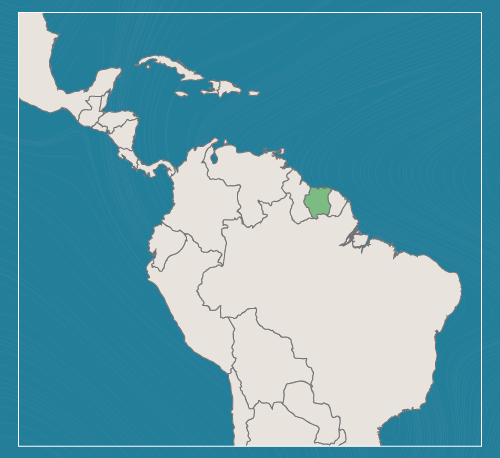
Developing a blueprint for Suriname's health information exchange platform
Suriname partnered with CHISU to address its fragmented health information systems and enhance health care delivery. Read more about how a technical team developed the requirements for a tailored health information exchange platform (HIEP) to facilitate seamless data exchange and improve coordination of care among health care providers. Read more ›
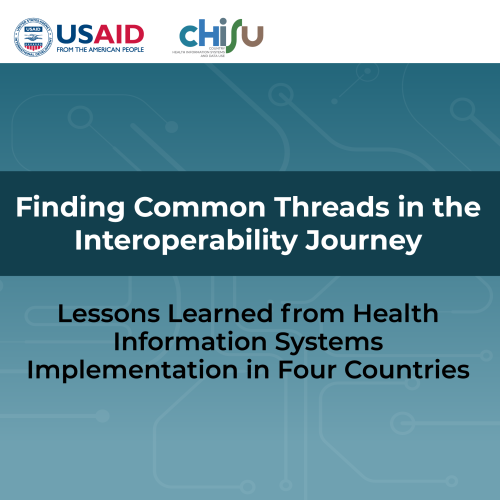
Collecting and using health information is an important part of health workers’ jobs. While we have made great strides in moving from paper-based records to digital health information systems, data that both health workers and policy makers need is often scattered across multiple information systems that cannot “talk” to each other. This means that health workers have to spend more time entering and finding data in multiple places and results in an incomplete view of both patient and community health. Read more ›
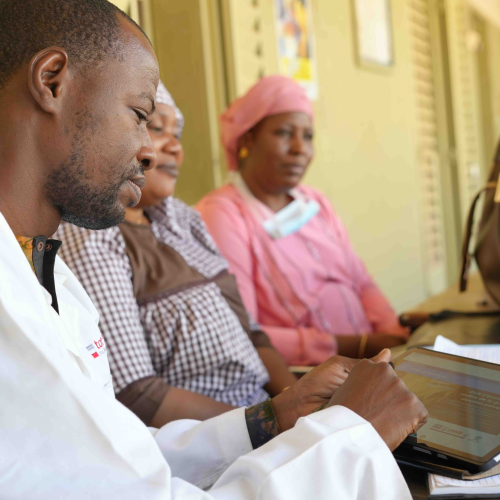
Improving malaria data quality for better decision making in Mali
While malaria is a primary cause of mortality and morbidity in Mali, the country’s fight against the disease has made encouraging progress in recent years thanks to better data management and use. Read about how CHISU has supported Mali's National Malaria Control Program to customize and implement the Malaria Routine Data Quality Assessment (mRDQA) tool to improve malaria data quality. Read more ›
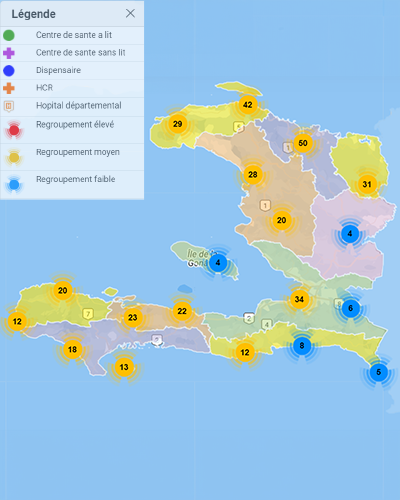
In the wake of the COVID-19 pandemic, CHISU partnered with Haiti’s Ministère de la Santé Publique et de la Population (MSPP) to rapidly expand Système d’Information Sanitaire National Unique (SISNU), the national health information management system, as well as strengthen pandemic response and containment measures. Read about how CHISU provided vital technical and health information resource management assistance across various aspects of Haiti’s COVID-19 health systems infrastructure during this process. Read more ›
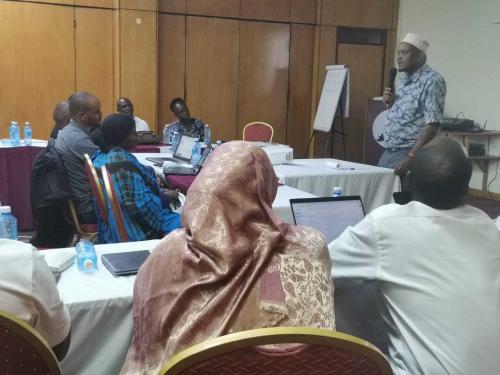
Improving Kenya’s malaria response by revising epidemic thresholds
Malaria is a significant public health problem in Kenya, with nearly 4,000 people (most of them children) dying from it every year—and a significant proportion of the population is at risk of getting the disease. CHISU worked with Kenya's National Malaria Control Program (NMCP) and the University of Nairobi Health-IT (funded by USAID) to revise the malaria epidemic thresholds used in the District Health Information System 2 (DHIS2) application. Read more ›

Using advanced data analytics for more informed COVID-19 vaccination decision making in Malawi
In 2023, CHISU initiated a multi-site research study to assess the health impact (cases and deaths averted), economic impact, and cost-effectiveness of COVID-19 vaccination in Malawi and Madagascar using combined statistical, epidemiological, and economic models. The study highlights the role of mathematical models in policy analysis and utility in decision making. Read more ›
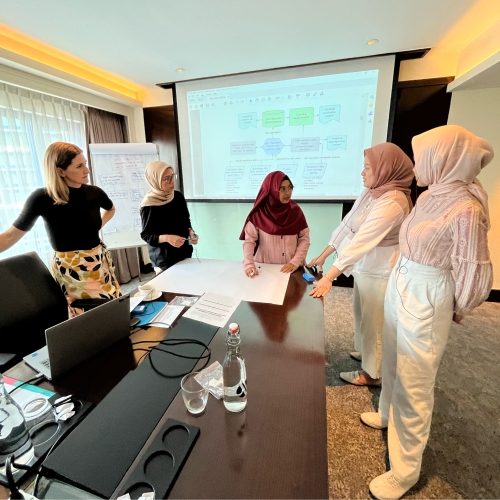
Shifting power to achieve better health outcomes for all
CHISU will be sharing experiences around strengthening the organizational development of local partners in Indonesia at this year's Prince Mahidol Award Conference (PMAC) 2024. Read about how CHISU is supporting Castellum Digital Indonesia's organizational development goals and our participation in PMAC 2024. Read more ›

Breaking silos to increase digital health access: CHISU’s key takeaways from GDHF 2023
CHISU team members share their experiences and key takeaways from the Global Digital Health Forum 2023. Read more ›
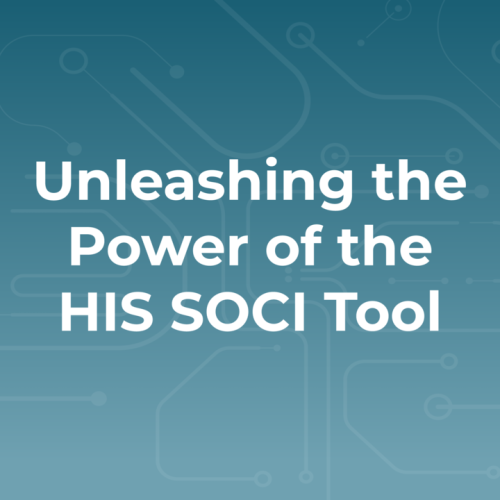
Launching the digital HIS Stages of Continuous Improvement (SOCI) tool to empower HIS stakeholders
To inform those working on their country’s health information system (HIS) with insights and practical guidance, CHISU hosted a webinar on November 20 titled “Unleashing the Power of the HIS Stages of Continuous Improvement Tool.” Learn more about the content of the webinar and how to use the HIS SOCI toolkit. Read more ›